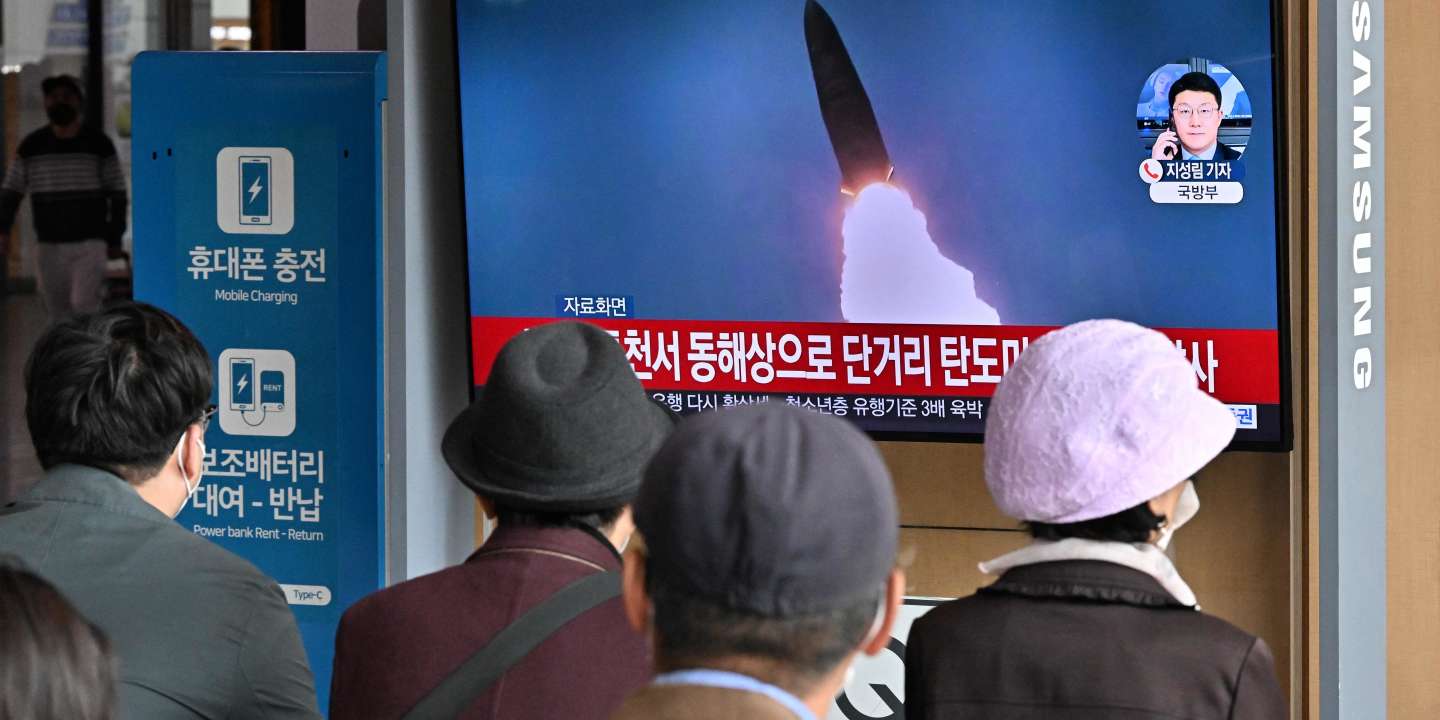Israel says it has deported 171 more foreign activists, including Swedish climate change campaigner Greta Thunberg, who were detained when Israeli forces intercepted a flotilla trying to breach its naval blockade of Gaza to deliver aid last week.
The Israeli foreign ministry said the activists were flown to Greece and Slovakia, and that Greek, Slovakian, French, Italian, British and US citizens were among them. It posted photos of Thunberg wearing a grey tracksuit and walking through an airport. So far, the ministry has announced the deportations of 341 of the more than 470 people who were on board the 42 intercepted boats in the Global Sumud Flotilla (GSF).
Organisers said their goal was to “break the illegal siege on Gaza by sea, open a humanitarian corridor, and end the ongoing genocide of the Palestinian people”. They said the interceptions violated international maritime and humanitarian law.
Israeli authorities meanwhile, said they enforced a legal blockade and called the flotilla a “PR stunt”. They also rejected as “fake news” allegations from some of the activists that they had been mistreated and denied basic rights during their detention.

The crux of this crisis transcends a mere political stunt; it is a profound human rights issue casting a long shadow over Israel’s treatment of peaceful activists. The dramatic interception of the Global Sumud Flotilla has quickly spiralled into a scandalous controversy surrounding the alleged abuse of detainees, with global icon Greta Thunberg serving as the highest-profile accuser.
Eyewitness accounts from released activists detail a harrowing ordeal in Israeli custody. Turkish and Italian participants allege that Thunberg was singled out for particularly cruel and humiliating treatment—being “dragged by her hair,” “beaten,” “forced to kiss the Israeli flag,” and paraded “wrapped in the Israeli flag and paraded like a trophy.” While Israel’s Foreign Ministry dismisses these stories as “brazen lies” and “pre-planned fake news,” the consistency and sheer brutality of the activists’ testimonies demand serious international scrutiny.
Furthermore, an email from a Swedish embassy official who visited Thunberg in prison lends crucial diplomatic weight to the allegations, corroborating her claims of a bedbug-infested cell, insufficient food and water leading to dehydration and rashes, and prolonged periods of harsh treatment. Lawyers from the NGO Adalah further bolster these claims, asserting that the rights of crew members, including access to medication and legal counsel, were “systematically violated.”
In defence of the harsh conditions, Israel’s far-right National Security Minister, Itamar Ben-Gvir, declared he was “proud” the activists were treated as “terror supporters,” explicitly stating they should “get a good feel for the conditions in Ketziot prison.” This rhetoric not only invites but it provides a tacit, deeply troubling justification for the alleged mistreatment. The image of the famed climate change activist being held in such conditions starkly highlights a deep-seated contempt for international solidarity and peaceful protest.
Why It Matters
Greta Thunberg’s involvement in the Flotilla marks a pivotal, and polarising, moment in her trajectory. By broadening her focus from the climate crisis to include Palestinian rights and the humanitarian disaster in Gaza, she has cemented herself as a global human rights advocate, though not without controversy among her prior supporters.
Her celebrity status, ironically, transforms the isolated allegations of mistreatment into a major international incident, ensuring that the decades-old issue of the Israeli blockade of Gaza receives unparalleled global attention. Her arrest and the subsequent abuse claims become a powerful, if shocking, tool for the flotilla’s original political mission: to spotlight the humanitarian catastrophe and alleged genocide in Gaza.
The entire episode stresses on the desperate need for unhindered humanitarian access to the enclave, where the United Nations has reported famine-like conditions. The interception confirms, yet again, Israel’s absolute control over sea access, demonstrating its political will to maintain the blockade despite widespread international condemnation and a growing number of civilian deaths.
















